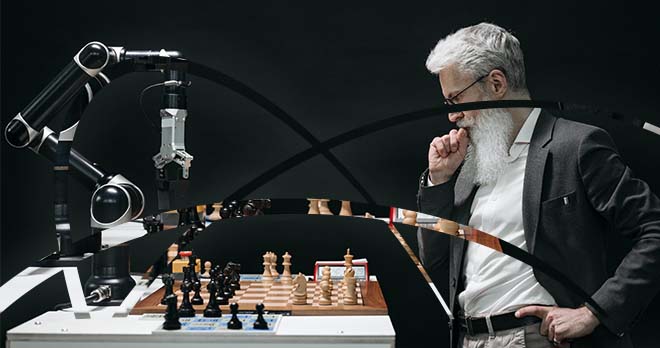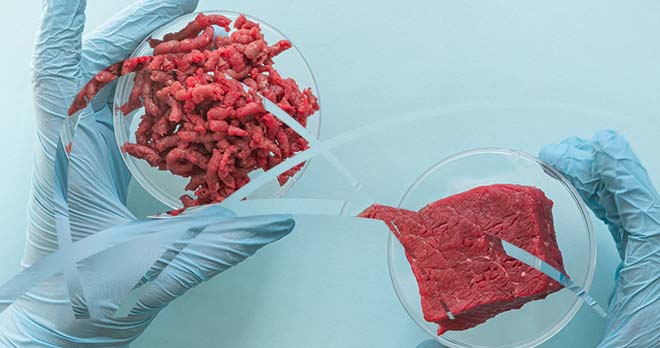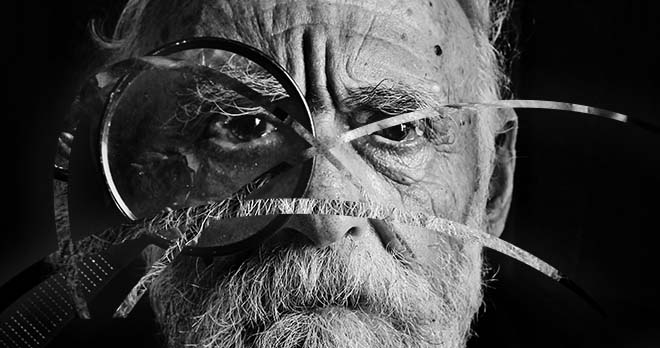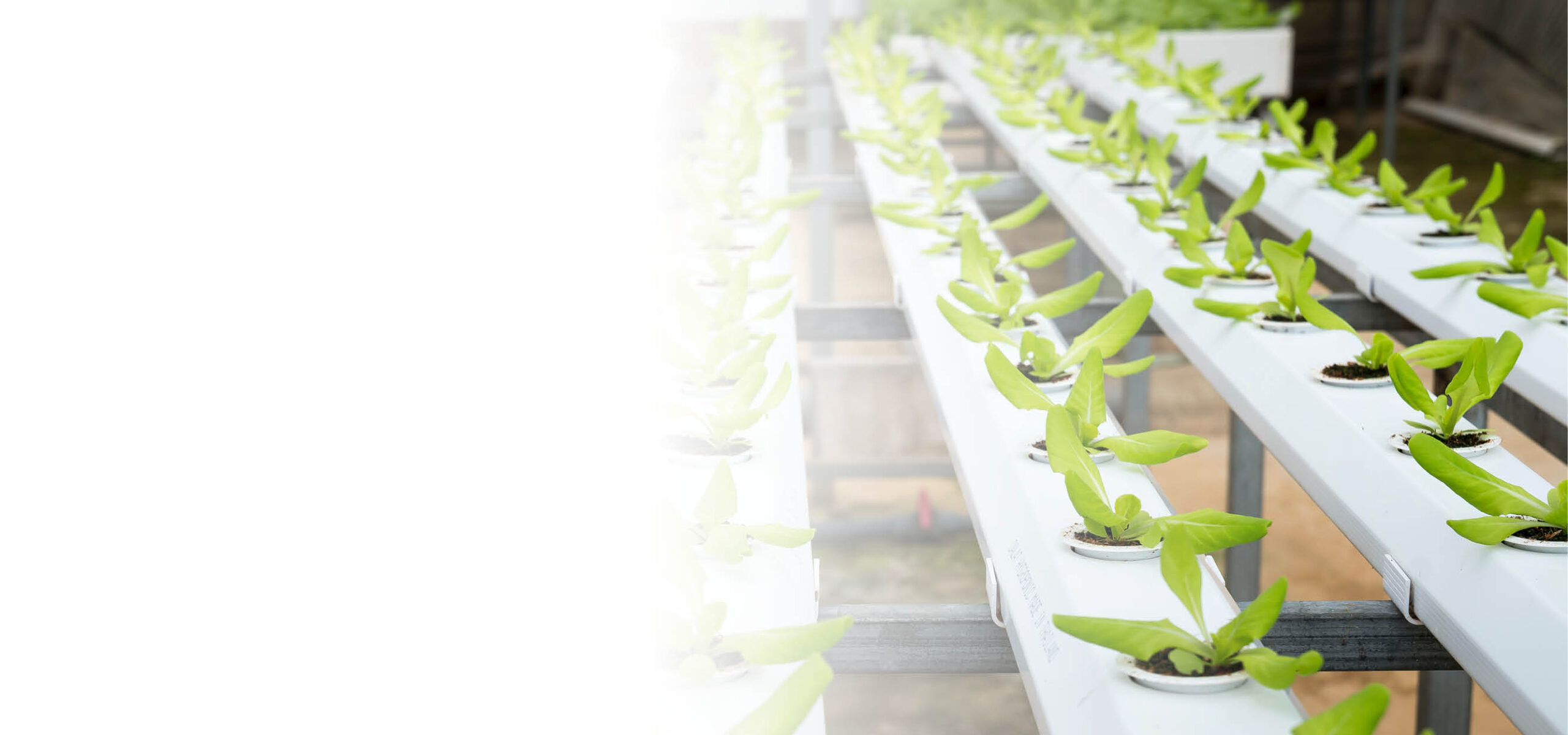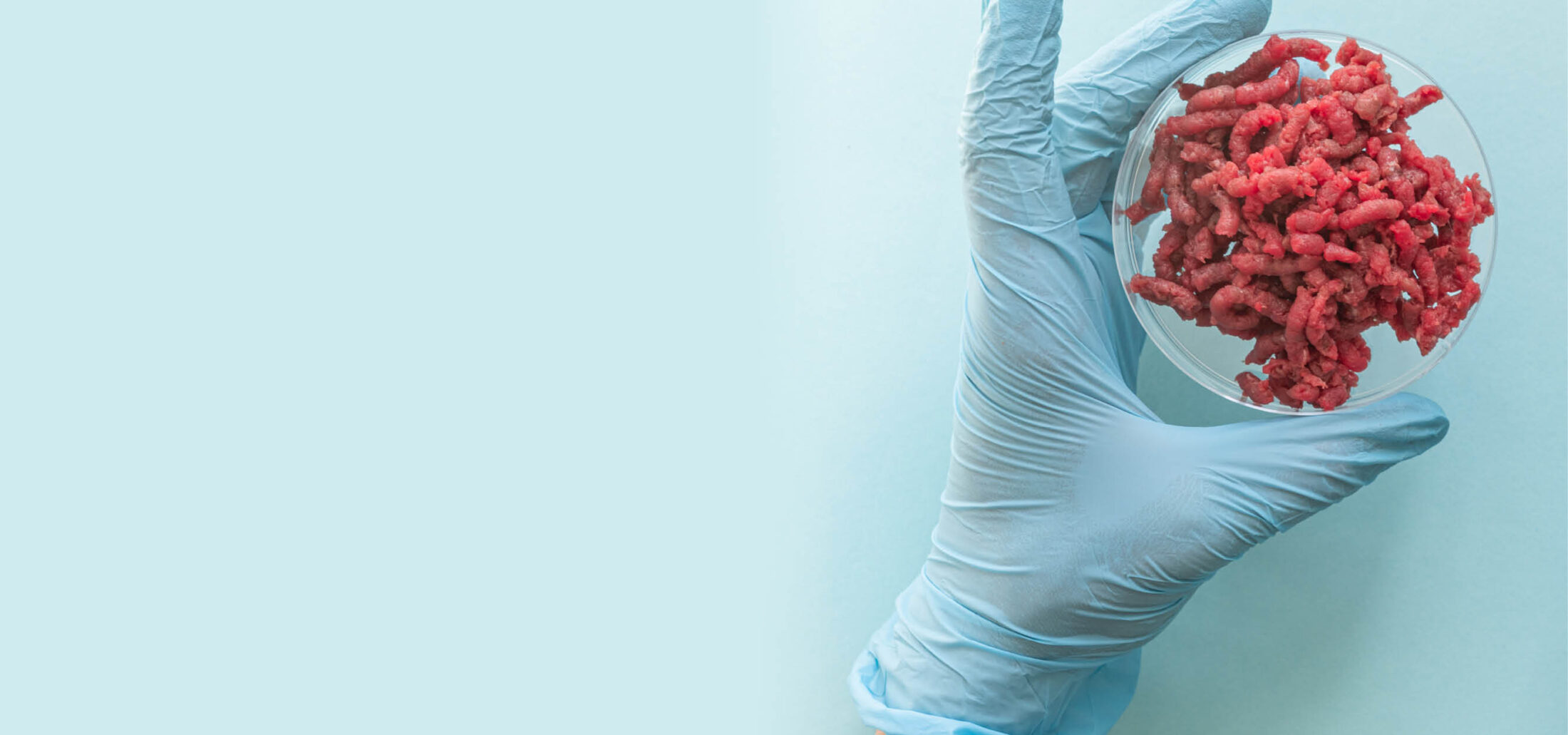

HigherSteaks: reinventing meat
Agriculture innovation changing the future of meat
From Field to Fork and into the Future - Will we ever be able to stomach cellular agriculture?
Innovation in agriculture is a hot topic. Global food business is plagued by significant – and growing - complexities in terms of regulation, climate, logistics, supply chain and customer demands. From big data to agritech, innovation in agriculture is expected to bring about much-needed changes.
Arguably, no agricultural innovation is as futuristic as cellular agriculture. And yet it is no longer the stuff of science fiction. In fact, the world’s first cultivated burger was debuted by a team at Maastricht University in August 2013. The first cultivated meat company, UPSIDE Foods, launched publicly in 2016 and received FDA acceptance in Nov 2022. JUST Foods were the first to receive Novel Food acceptance, commercialising the first cultivated meat product – chicken nuggets – at a restaurant in Singapore in 2020.
For this issue of our magazine, we spoke to Dr Ruth Faram, Co-Founder and Chief Scientific Officer at HigherSteaks, a company founded with an ambitious mission to transform the global food system by making delicious and nutritious food – from animal cells and plants.
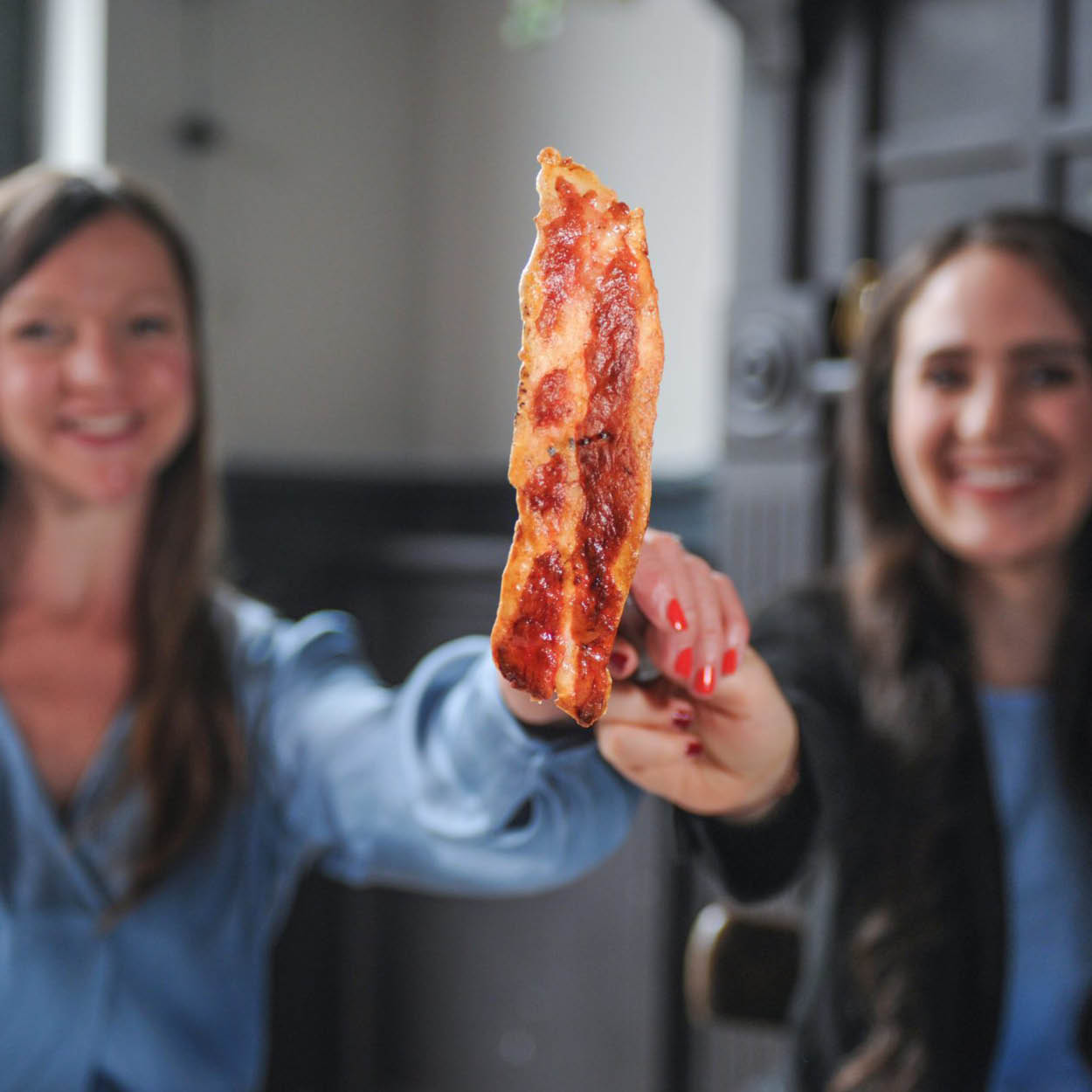
What does HigherSteaks do?
Back in 2019, HigherSteaks was a start-up company of just two female founders. Before co-founding Higher Steaks, CEO Benjamina Bollag co-founded a London-based B2B electronics company selling to FTSE500 companies. An academic from UCL and Oxford, Dr Ruth Faram has over 20 years experience working with stem cells, genome engineering and epigenetics.
“HigherSteaks are pioneering the development of cultivated meat to solve some of the world’s growing challenges in health, sustainability and animal welfare. We’re a purpose, science and engineering-driven company dedicated to creating breakthrough technologies that will push the boundaries of what’s possible – delivering innovations that benefit people, the planet, and animals”.
“Higher Steaks went through an atypical evolution”, Dr Faram explains. “Like the majority of start-ups, we faced early financial challenges, but we were also trying to build our foundations during the Covid pandemic. Labs were closed and we had to be very innovative in order to make the company succeed.”
The hard work has been paying off though; HigherSteaks now holds numerous patents, has gained investor support to Series A, and has moved into its custom-built Pilot site in Cambridge, UK, where the company now has over 50 employees.
The company is now scaling up – working closely with technologies in the biologics and engineering, adopting bioreactor systems for their novel processes. “We don’t need to re-invent the wheel, but the development of our processes require diverse skillsets, simply because we’ve never grown stem cells like this before” says Dr Faram. “By the very nature of what we do, we are an inclusive and diverse company of innovators; from chemists to fermentation engineers from all around the world. Put simply, HigherSteaks cannot exist without innovative ideas, ‘up-cycling’ technology with a focus on reducing CO2e, improving recycling, reducing supply chain demand or waste disposal, to name a few”.
HigherSteaks is by no means a lone pioneer. It has strong relationships with other companies within the field of cellular agriculture, across the world. It also liaises with companies within biotechnology, engineering, and cell therapy. “Ultimately, we have the same goal in mind – therefore the more communication, collaboration and sharing of technologies that we can encourage, the quicker cultivated meat will get to market”, comments Dr Faram.
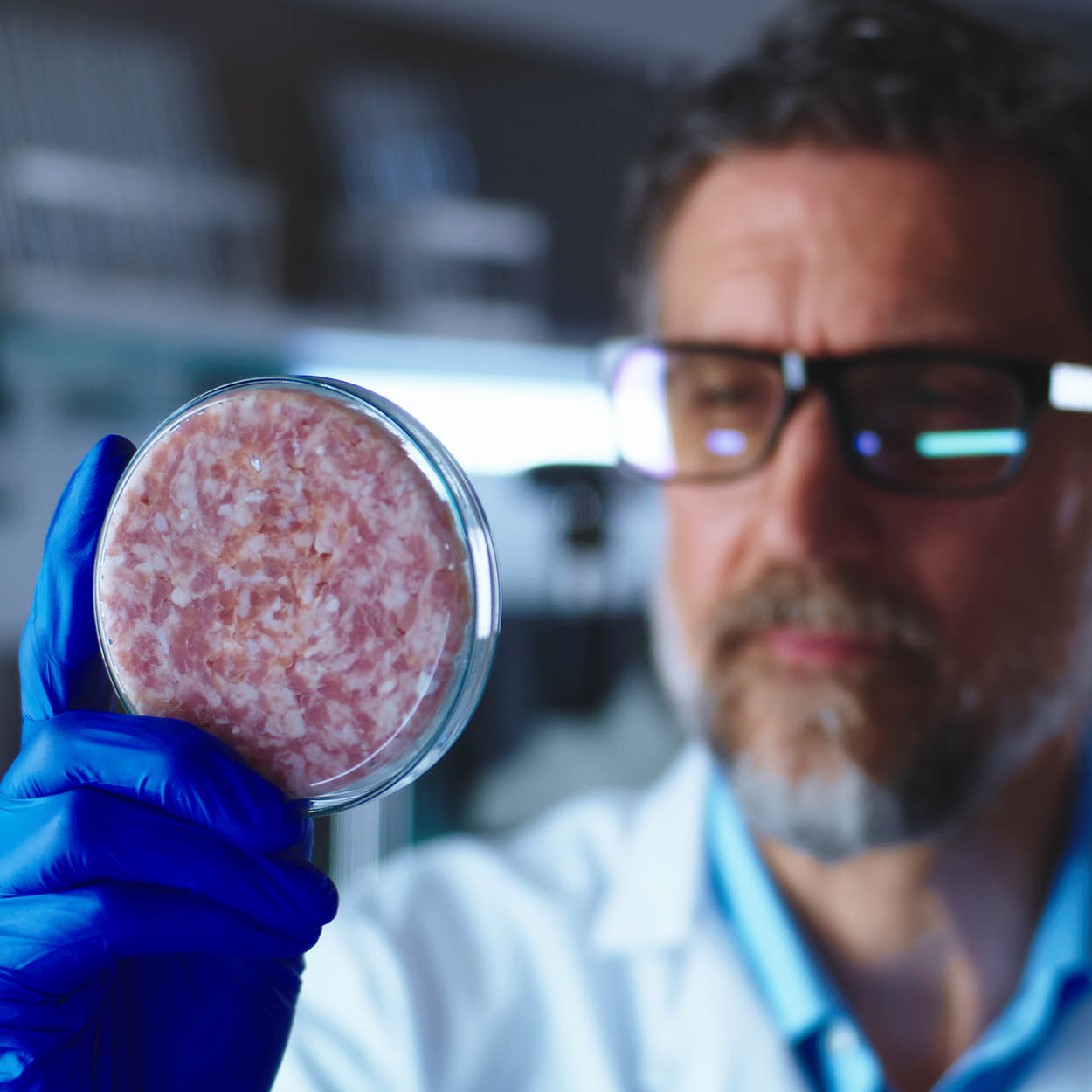
What are the challenges around cultivated meat?
Cultivated meat has not yet been approved by food regulatory bodies in the UK or EU, so it is not available commercially - yet.
Dr Faram says, “HigherSteaks must prepare for Novel Food Assessment through the Food Standards Agency (FSA). Everything we do now will influence our end-to-end process”.
“In production, one of the biggest challenges is around cost – not just associated with supply chain, but also the cost of the raw materials required to feed and nourish the cells as they grow (culture ‘media’), the energy overheads, the total costs of running thousands of litres of bioreactors to create the kilograms of cells required to make the meat. That being said, the cellular agriculture field as a whole has grown hugely in the last 2-3 years – existing companies are either adapting old technologies or new ones are being created to address some of the main challenges. There is still a lot of innovation required to make cultivated meat a reality in our supermarkets”.
Economical viability is another challenge that the company is completely clear about. Investors in particular are very much focused on the cost of product. When product hits the shelves, HigherSteaks aim for price parity with ‘organic meat’; then they aim to eventually decrease that to traditional meat. “Whether or not we get our products to cost less than that is TBD”, says Dr Faram, “but we hope so.” As a result, HigherSteaks take cost very seriously in everything they do. All costs – those of culture media, the process, and the overheads – are taken into account for both the current stage (R&D) and for future manufacturing.
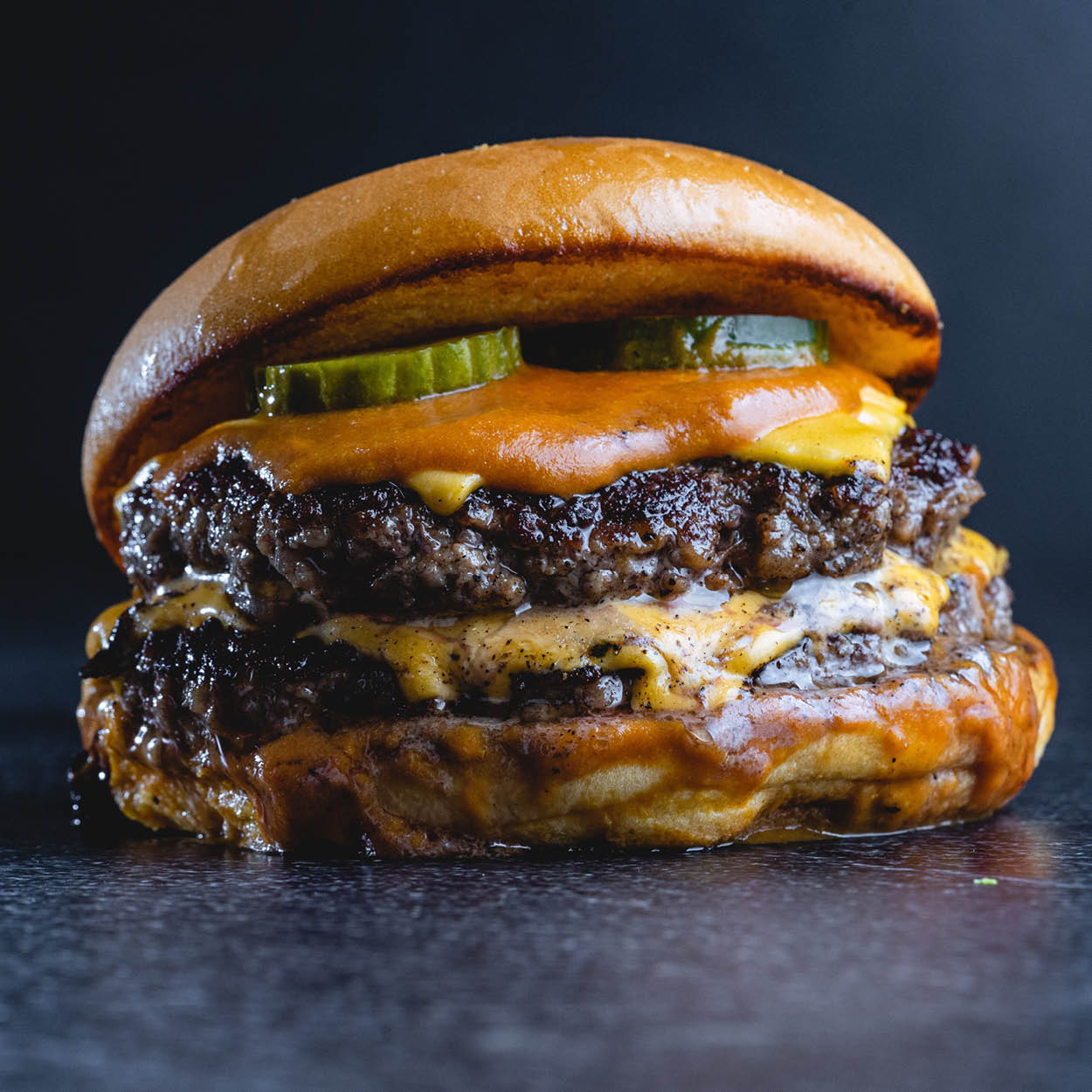
The regulations and laws on cultivated meat
While approval of cultivated meat by food regulatory bodies in the UK or EU is yet to come, a thorough understanding of the requirements for Novel Food Submission is essential for HigherSteaks.
“We are informed by current legislation for both cell culture (e.g. for cell therapy), current food products (e.g. traditional meat), and other Novel Food products. Our challenge is to bring those together and pre-empt the ‘unknowns’. As a company we are arming ourselves with as much documentation for traceability, quality, and regulatory as possible. Again, this is part of our critical path and is led by our quality team and regulatory advisors”, explains Dr Faram.
“Our approach is to ensure that we are hitting the standards and quality expected of a food product. This includes ensuring ethically sourced ingredients from reputable suppliers – not doing so could result in inconsistency in the end product. Such details contribute to our risk and mitigation assessments”.
“On the legal side we have a strong support network of lawyers who guide us on business development, IP strategy, and more. Our attitude is forward thinking. Even day to day, we take IP seriously – suppliers or collaborators function under non-disclosure agreements. We have been patenting our technologies to protect our own intellectual property, which is where we are particularly strong, not only for cultivated meat but also beyond”.
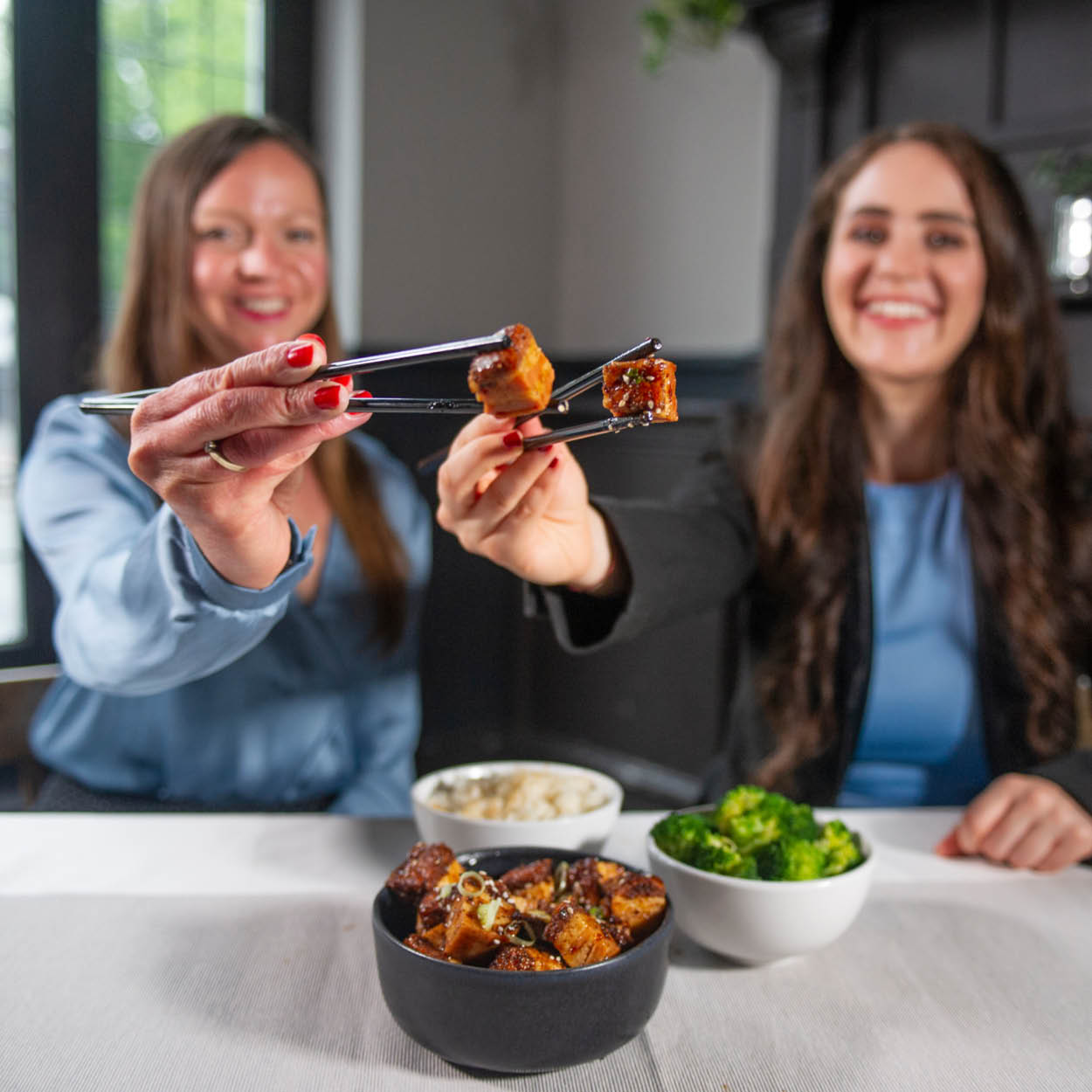
Keeping it ESG
Not surprisingly, HigherSteaks has ESG (environmental, social, and governance) values firmly at its heart.
The ‘environmental’ part of ESG is obvious: animal welfare, GHG emissions (CO2e), antibiotics, deforestation, climate change and more are all issues that the company has set out to solve. “We make a point to act on these values”, says Dr Faram. “All of our processes are scrutinised in preparation for scaling to manufacturing. We question how it will impact the environment whilst also considering factors such as ease of use, waste disposal, recycling ingredients or equipment, CO2 demands of suppliers and ethically sourced raw materials”.
On social criteria, HigherSteaks takes culture and values equally seriously. “We aim to make sure our employees are supported at all levels, and our leadership team is open, honest and accessible. We are a growing company, so it is more important than ever to offer a range of training opportunities, and employee benefits including gym membership and snacks. Ultimately, it’s about creating a culture that reflects our cause. We have the same values when communicating with external stakeholders, and we will have the same attitude with the customers, once our product is on the shelves”.
On the governance side, HigherSteaks is accountable to its investors and is run by a board who are focused on ESG initiatives.
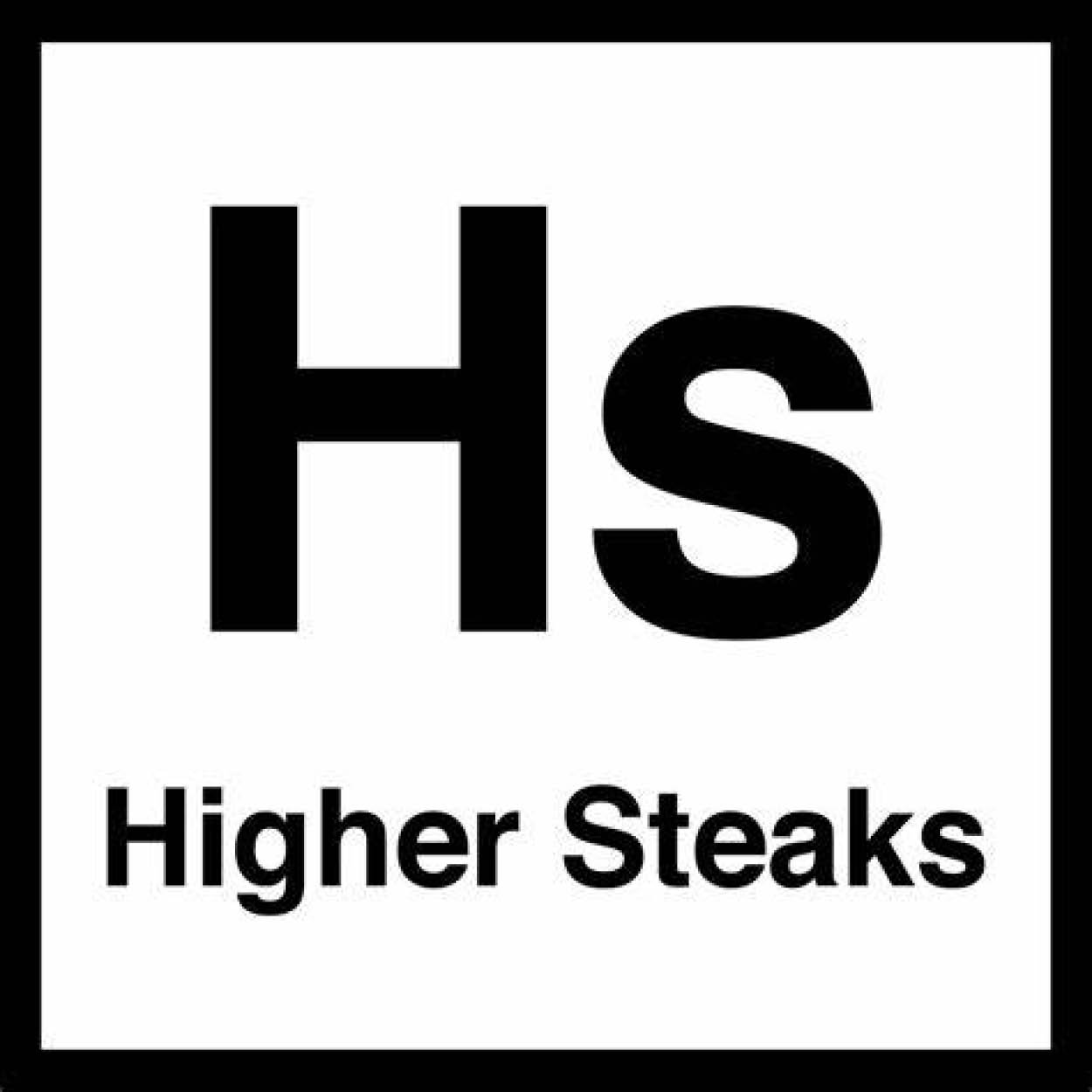
What’s next for Higher Steaks?
HigherSteaks’ have now moved into their Pilot Plant site in Cambridge.
Having raised Series A, this means their technology can be scaled up to 100s of litres, all in preparation for submitting for regulatory approval, bringing with it opportunity to expand the company and ramp up recruitment. HigherSteaks hopes to have its first products available from 2024.
Further reading
To learn more about cultivated meat, read the State of the Industry report on the Good Food Institute site.
Images 1,4,5 & 6 – Copyright © HigherSteaks Ltd 2023
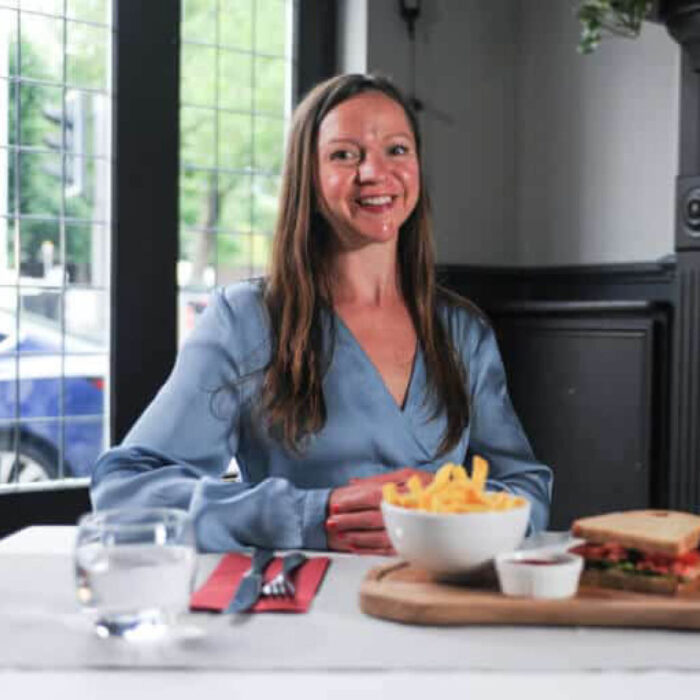
An Introduction - Dr. Ruth Helen Faram
Dr. Faram is co-founder and Chief Scientific Officer at HigherSteaks, where she leads the company strategy and research focus for the Stem Cell, Small-scale Bioprocess, Differentiation and Biomaterial teams.
Dr. Faram was awarded BSc. Neuroscience from University College London in 2008, MSc. Pharmacology from the University of Oxford in 2009 and completed her doctorate in Neuropharmacology from the University of Oxford, Department of Anatomical Neuropharmacology in 2013, where she specialised in novel neurogenic cell types in the rostral migratory stream during development of the rodent olfactory system. She subsequently held three postdoctoral positions within the Department of Pharmacology, Department of Physiology Anatomy and Genetics and the William Dunn School of Pathology, and the Nuffield Orthopaedic Centre. She received scholarships from the Medical Research Council and Alzheimer’s Research UK to work on the neuropathological interactions between amyloid beta and tau proteins in the human induced pluripotent stem cells, as part of the StemBANCC initiative. She was later awarded an Arthritis Research UK scholarship to work on the epigenetic mechanisms of bone stem cells during inflammation.
She brings extensive years of experience in cell and molecular biology, working with cutting edge, innovative technologies. She is inventor on 4 patents (pending). She is a mum to 4 year old Felix, and is a seasoned marathon runner.
